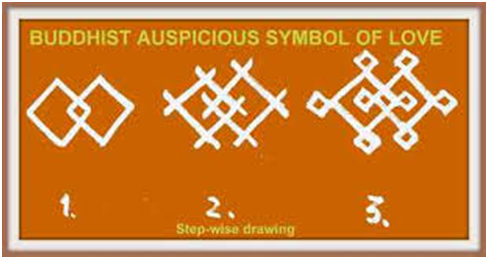Rules of dropping consonant sounds to improve
- Lalit Kishore
- Feb 14, 2024
- 1 min read
1. Rules of dropping consonant sounds
1.1 Dropping H
When structure words such as 'her, he, him, his, have, has or had' occur in the middle of a phrase, the h-sound is often dropped.
Examples: [1] What did he do? .= What didee do? [2] Will he call me? =. Willy call me?
1.2 Can vs Can't
The word "can" is usually reduced. That means you say it with a schwa /ə/ (/kən/). The word "can’t" is usually said with a clear /æ/ sound like in "ant".
Examples: [1] cannot + can't
1.3 Dropped T Sound
Rule for dropped /t/ Sound
a. That /t/ in the middle gets dropped.
Speak 'ofən' as opposed to often
b. /t/ sound is often dropped when it is followed by a consonant.
The word ‘lightning’ is usually pronounced as 'ligh’ning'.
c./t/ is dropped when it’s followed by a word beginning with a consonant.
'left side' = 'lefside'. ‘next door’ = 'nexdoor'.
d. /t/ is dropped when it follows the /n/ sound. EX. don’'t = doʊn.; went = wɛn ; want to = wanna
1.4 Dropped D sound
Rules for Dropped D sound
2.41 /d/ is dropped in 'and' to /an/ or simply to /n/
Ex: And =/an/ =/n/ .Up-n-down
Note 1: When the /d/ or /t/ sounds are dropped, it becomes part of the next word, e.g Most thoughtful = mosthoughtful'.
2. .I am = I’m




Comments